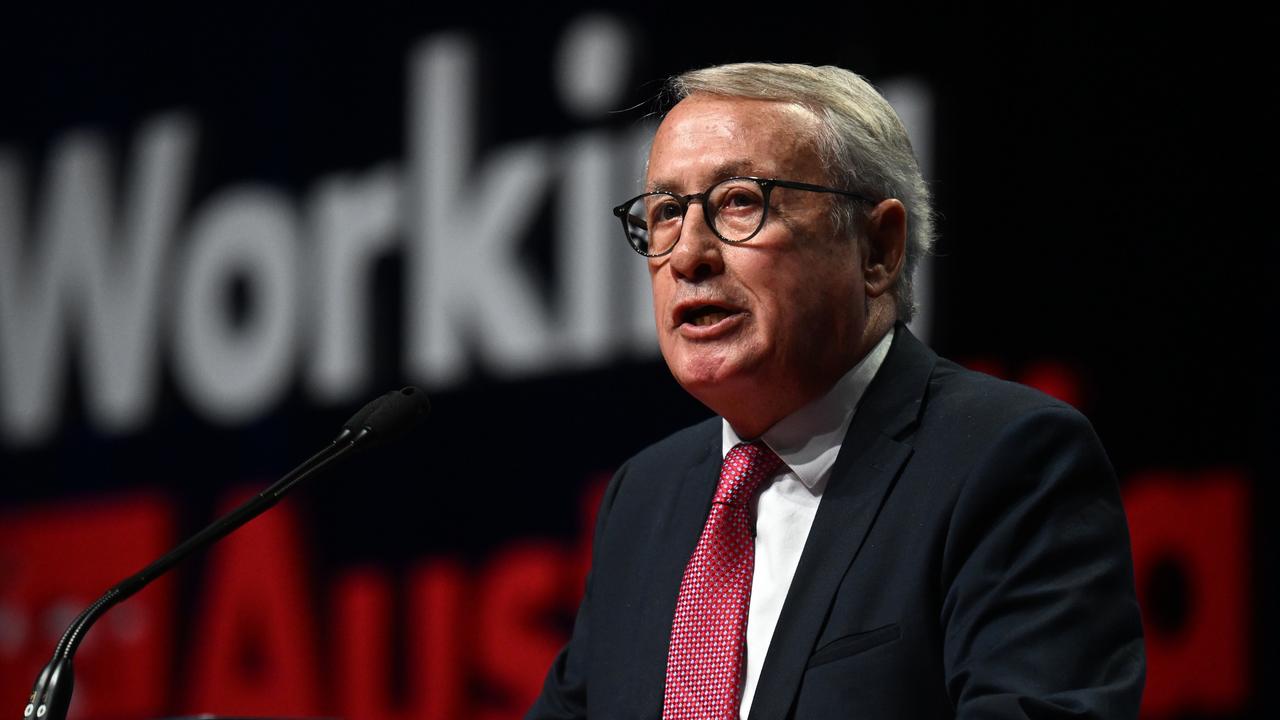Labor president and former treasurer Wayne Swan has blasted Productivity Commissioner Danielle Wood as “completely out of touch” over her assessment that the government’s Future Made in Australia plan risked making Australia’s economy more inefficient and could create businesses reliant on government subsidies.
On Friday, Ms Wood, the former Grattan Institute boss who was hand-picked by Treasurer Jim Chalmers to be the government’s chief productivity adviser, warned that Labor’s proposed subsidies for green manufacturing would divert “jobs and capital investments from everywhere in the economy where they could generate higher value”.
But responding to her comments, Mr Swan said Ms Wood was “completely out of touch with the international relationality”, as Australia had to be “in it to win it” by offering its own support in order to compete with foreign subsidies and tax breaks deployed overseas to bolster manufacturing.
“All of our major competitors are doing this,” Mr Swan told the Today show.
“What we don’t do is make some of the things we need so we can be independent and stand on our own two feet.
With the Covid-19 pandemic exposing many countries to global supply chain woes, coupled with ongoing trade tensions, several developed economies have ramped up investment in domestic manufacturing and erected protectionist barriers designed to support local industry.
Chief among these is the US, which has rolled out tax incentives, grants and loans worth $520bn to support green infrastructure and industry under President Biden’s Inflation Reduction Act.
Mr Swan also heaped criticism on the former Abbott government that repealed a tax on carbon emissions Mr Swan had helped establish as the then treasurer in the Gillard government.
“If we hadn’t abolished the carbon price a decade ago, we’d be a lot further down the road and producing much more cheaper, renewable energy from the abundant supply of solar and wind in our country,” he said.
The government has frequently cited Australia’s $3.7 trillion in superannuation savings as a vehicle for investment under Labor’s $15bn National Reconstruction Fund, which will be packaged into the Future Made in Australia plan alongside the Net Zero Authority and recently announced taxpayer subsidies to manufacture solar panels.
Cbus, one of Australia’s largest industry super funds that is chaired by Mr Swan, has voiced its willingness to invest in government housing, manufacturing and energy projects.
Business groups and economists have also voiced their scepticism with the Albanese government’s industry policy, warning that increased government intervention risked reducing productivity.
Meanwhile, the trade union movement has been more supportive of the measures, which they claim will offer increased job opportunities and assist Australia’s decarbonisation efforts.
